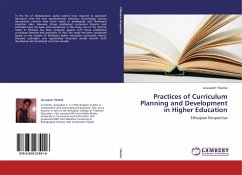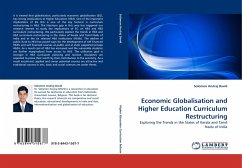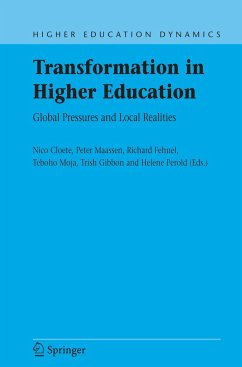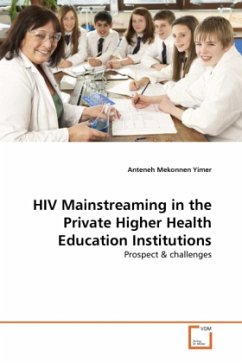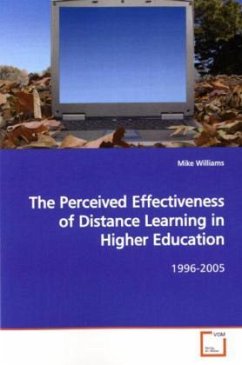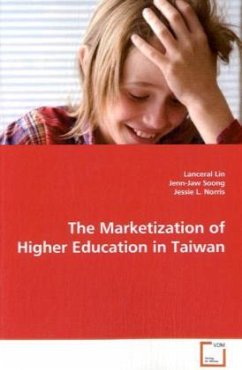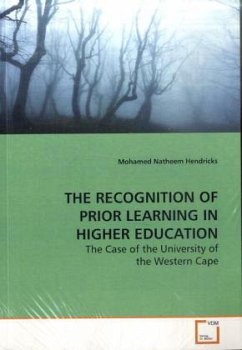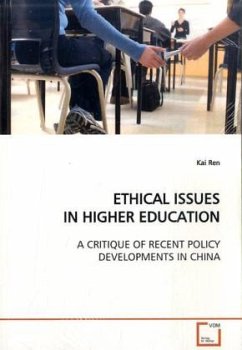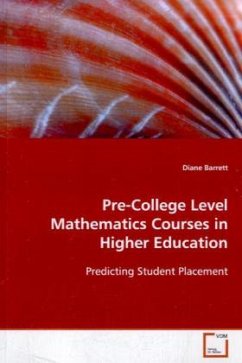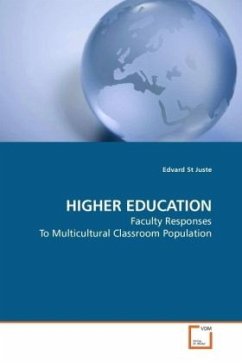
Internationalising the Higher Education Curriculum
Study Abroad and Global Learning
Versandkostenfrei!
Versandfertig in 6-10 Tagen
52,99 €
inkl. MwSt.

PAYBACK Punkte
26 °P sammeln!
Internationalisation of the curriculum has emerged in universities as an educational response to globalisation and increased international student mobility. Many universities now seek to produce graduates with the perspectives and capabilities to function as global professionals. Yet little is known about the ways in which academics develop international approaches to teaching or how university students develop international perspectives and capabilities. This book provides an analysis of three programs involving study abroad and global learning at universities in Australia and Singapore. Issu...
Internationalisation of the curriculum has emerged
in universities as an educational response to
globalisation and increased international student
mobility. Many universities now seek to produce
graduates with the perspectives and capabilities to
function as global professionals. Yet little is
known about the ways in which academics develop
international approaches to teaching or how
university students develop international
perspectives and capabilities. This book provides an
analysis of three programs involving study abroad
and global learning at universities in Australia and
Singapore. Issues that emerge as significant include
the importance of appropriate theoretical
frameworks, the alignment of assessment policy and
practice across partner institutions, and the
development of student learning communities.
Approaches are provided that enable academics and
administrators to develop policy and strategies for
the internationalisation of higher education courses
and programs.
in universities as an educational response to
globalisation and increased international student
mobility. Many universities now seek to produce
graduates with the perspectives and capabilities to
function as global professionals. Yet little is
known about the ways in which academics develop
international approaches to teaching or how
university students develop international
perspectives and capabilities. This book provides an
analysis of three programs involving study abroad
and global learning at universities in Australia and
Singapore. Issues that emerge as significant include
the importance of appropriate theoretical
frameworks, the alignment of assessment policy and
practice across partner institutions, and the
development of student learning communities.
Approaches are provided that enable academics and
administrators to develop policy and strategies for
the internationalisation of higher education courses
and programs.



